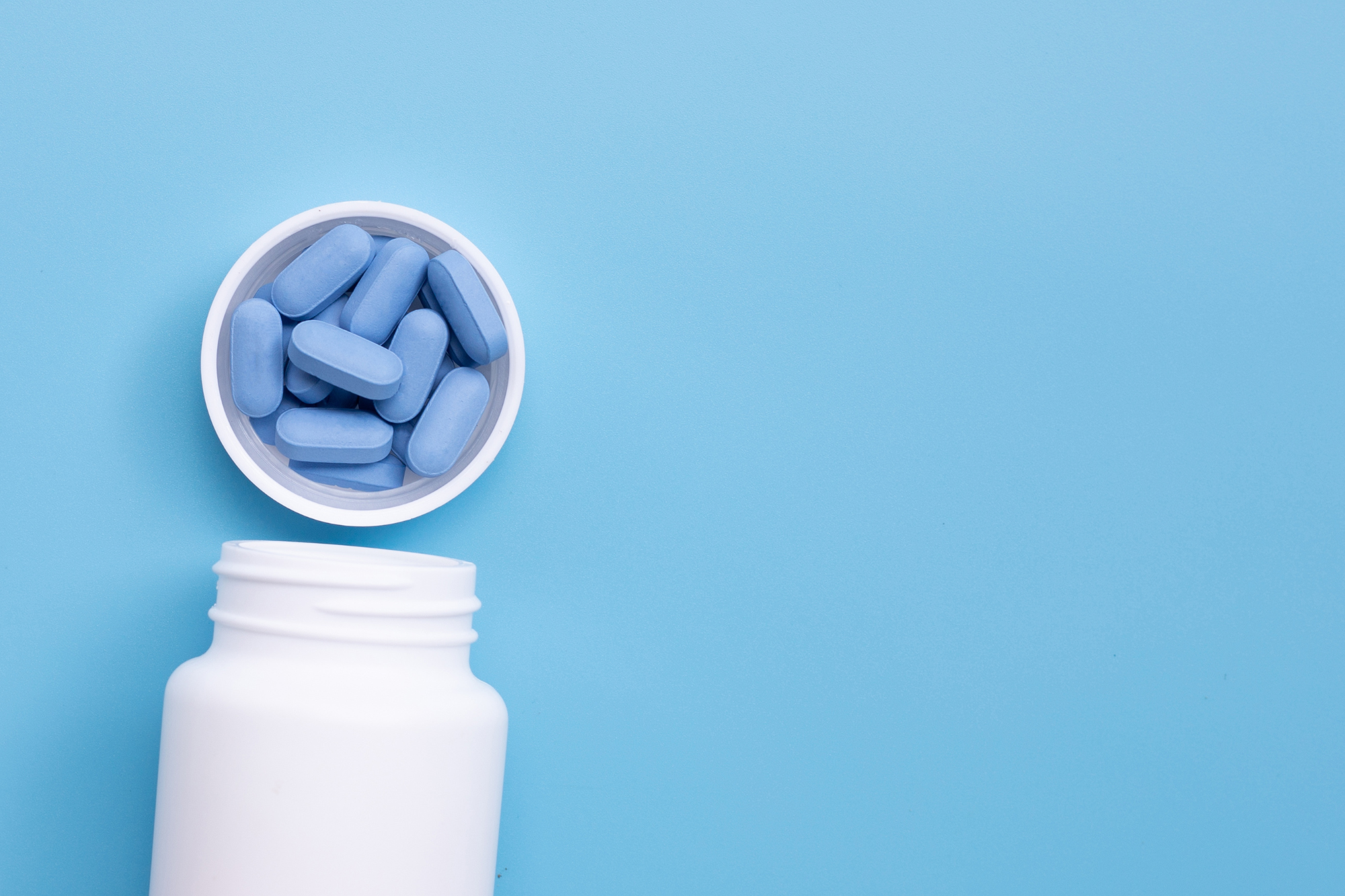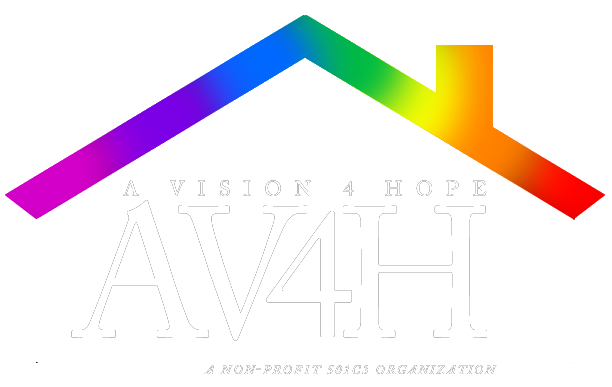
PEP/PrEP
PrEP (Pre-Exposure Prophylaxis) and PEP (Post-Exposure Prophylaxis) are game-changing tools in the field of HIV prevention. PrEP is a medication combination taken by individuals who are at high risk of contracting HIV. It works by inhibiting the virus's ability to establish infection within the body. When taken consistently, PrEP has shown remarkable effectiveness in reducing the risk of HIV transmission. On the other hand, PEP is a short-term course of medication meant for individuals who have been exposed to HIV through risky sexual encounters or needle sharing. PEP must be initiated within 72 hours of exposure to increase the chances of successfully preventing HIV infection. These advancements in preventive medicine have revolutionized the fight against HIV, empowering individuals to take proactive steps in safeguarding their health.
Who should consider taking PrEP?
It is recommended for individuals who are at a higher risk of contracting HIV, such as those who engage in unprotected sex with multiple partners, have a partner living with HIV, or inject drugs. PrEP should be considered by anyone who wants to take control of their sexual health and reduce their risk of acquiring HIV. It is particularly important for marginalized communities and individuals disproportionately affected by HIV, including men who have sex with men, transgender individuals, and people of color.
What can I do to stop the spread?
If you feel sick or have a rash, do not attend any gatherings. Avoid any rash you see on others and consider minimizing skin-to-skin contact.
How can I lower my risk during sex?
Talk to your partner about any recent illness and be aware of new or unexplained rash on yours or your partner’s body, including the genitals and anus. If you or your partner have recently been sick, currently feel sick, or have a new or an unexplained rash, do not have sex and see a healthcare provider.
